south africa
South Africa is the most mature drone market in Africa. It has a fully authorized and functioning licencing system in place, as well as clear rules for both hobbyist and commercial pilots. The SACAA is a thought leader in the drone space and many countries emulate South Africa's laws when it comes to aviation.
The cost of obtaining a commercial licence to fly a drone is expensive, time-consuming, and cumbersome. We hope that in time this will change.
We can recommend reliable and professional drone operators in South Africa upon request.
REGULATIONS
Drone regulations in South Africa are closely modeled on existing aviation law. They separate drone flight into commercial operations, and hobby operations.
hobby operations
Hobby operations are specified as flying without any commercial "interest, outcome, or gain". What this means in practice (promoting your own blog, giving away footage for free, reportage) is unclear, as there is very little precedent for enforcement.
Taken from the SA CAA website, as a hobbyist, you are not allowed to:
DO NOT, through act or omission, endanger the safety of another aircraft or person therein or any person or property through negligent flying/operation of Remotely Piloted Aircraft, or toy aircraft.
Do not fly/operate Remotely Piloted Aircraft, or toy aircraft 50 m or closer from:
Any person or group of persons (like sports field, road races, schools, social events, etc.)
Any property without permission from the property owner.
Unless approved by the SACAA, DO NOT fly/operate Remotely Piloted Aircraft or toy aircraft:
Near manned aircraft
10 km or closer to an aerodrome (airport, helipad, airfield)
Weighing more than 7 kg
In controlled airspace
In restricted airspace
In prohibited airspace.
Do not fly/operate Remotely Piloted Aircraft, or toy aircraft higher than 150 ft from the ground, unless approved by the Director of Civil Aviation of the SACAA.
Commercial operations
Commercial operations are permitted with the appropriate licences. The Remote Pilot's Licence (RPL) is awarded after an approximately two-week course, a medical exam, and a practical flying demonstration. There are only four authorized licencing centres in South Africa (three in Johannesburg, one in Cape Town). The cost of the RPL, excluding travel costs (if you don't live in those two cities), is approximately R25,000 (as of January 2018).
The RPL is required for drone pilots, but even if you have an RPL, you still must fly under an organization with a Remote Operator's Certificate (ROC). The process of obtaining an ROC is extremely expensive and cumbersome. The cost is well above R100,000 on average, and the awarding of the ROC licences can take many months. Currently there are only 20 fully licenced commercial operators in South Africa (current as of January 2018).
More information is available on the SA CAA web page for drones.
MAPS
SkyVector: Online aviation maps of the world.
AirMap: App created expressly for drone flight.
Notam Summaries: Updates from the SA CAA on temporarily restricted flight zones (note: this should also be integrated into AirMap).
How to read a VFR Aviation Chart: Written by the US FAA, this helpful .pdf (right-click to download) will help you understand the often-confusing world of aviation charts, which are crucial to planning drone flights.
Planefinder.net: This site (which also has an app for your phone) shows the locations of all large airplanes in the world, which can be helpful to visualize flight patterns around airports and cities.
Insurance
Hollard Insurers: Hollard is a large insurance company that has specialized drone insurance policies if the pilot is a licenced pilot with an SA RPL. Currently this is the only way to insure your drone in South Africa against crashing and/or third-party liability (injury and damage). They also will insure your drone against theft and damage on the ground (which does not require an RPL).
NPPA Insurance Advantage: Unfortunately this policy only covers US drone pilots traveling to Africa, but they will insure your drone against loss from crashing and theft.
CUSTOMS
Currently there are no issues as a foreigner bringing in small consumer drones through customs in South Africa, as long as the drone is not intended for resale. Occasionally customs officials will stop South African citizens returning from abroad with drones that have left the country without a carnet, and it is up to the customs official to decide whether or not to charge a 20% import duty (this seems to be rare, but is possible).
For information on carnets for South Africans click here.
For information on carnets for non-South Africans click here.
discussion groups/links
Drones South Africa (FB group)
Drones South Africa Buy, Swap, and Sell (FB Group)
SA Drones (FB Group)

